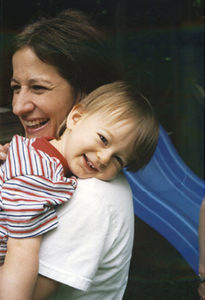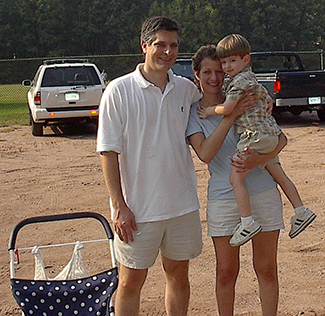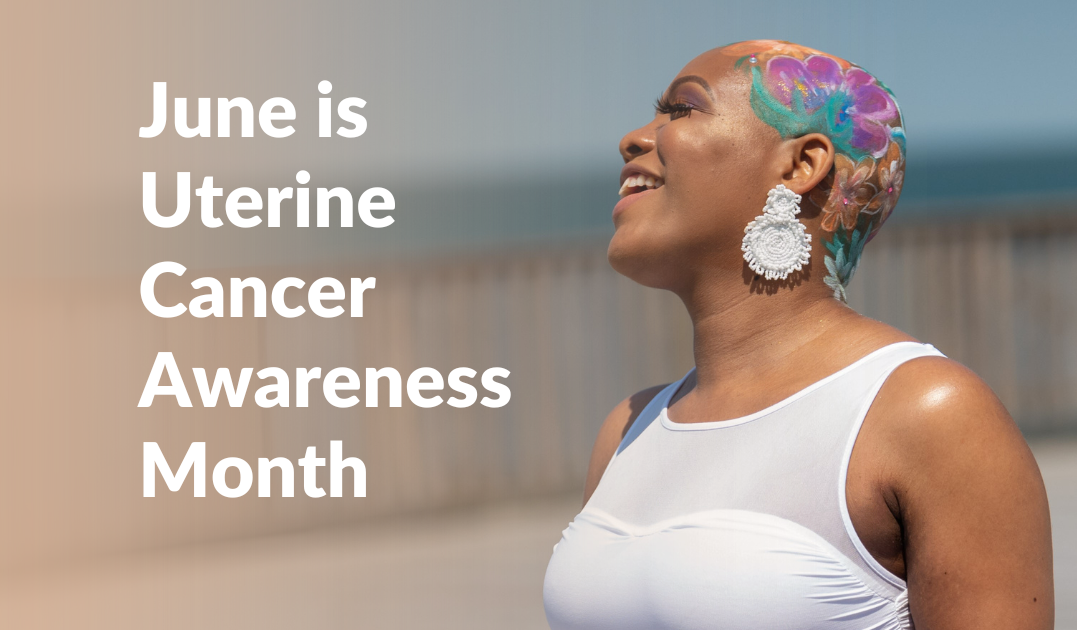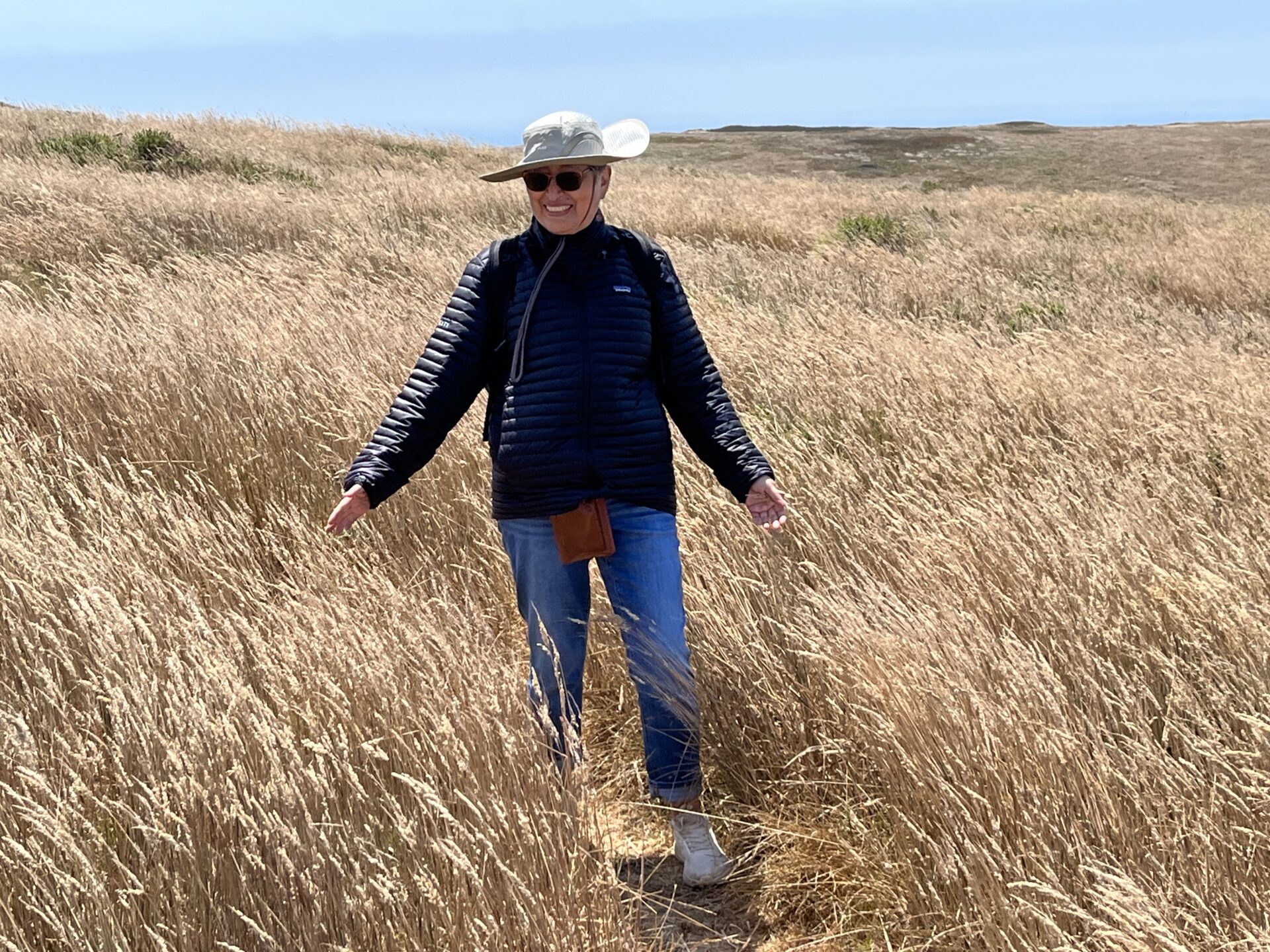
12/14/2012 | Mindy Gray was devastated by the passing of her beloved older sister, Faith Basser. But she turned loss into legacy and hurt into hope this year when she and her husband Jon founded the Basser Research Center at the University of Pennsylvania in honor of her sister who succumbed to ovarian cancer at the age of 44.
OCRF: Who initially brought you to OCRF?
Mindy Gray: My dear friend Jill Seigerman worked for Liz Tilberis, late Editor-in-Chief of Harper’s Bazaar and President of OCRF, so I had known about OCRF for years. Two years after my sister Faith died, I was emotionally ready and anxious to volunteer in any way I could to help in the ovarian cancer community. At Jill’s suggestion, I reached out to OCRF to ask how I could get involved. The very first event where I volunteered was OCRF’s high-end garage sale – Super Saturday. My sister Faith was a serious discount shopper. No one was better at scooping up a bargain, sniffing out a sale, or stocking up on seriously reduced products than she. This was when I knew that my relationship with OCRF was meant to be.
OCRF: Why did you join OCRF’s Board of Directors?
Mindy Gray: I was immediately impressed with the leadership of OCRF and deeply committed to their mission of funding scientific research to help find a cure. I felt the more I was involved, the more I could help this mission. So, I became a Board Member in 2004, and an Executive Committee Member in 2007.
OCRF: As a longtime OCRF Board member, what are your feelings about the organization?
Mindy Gray: I have always been impressed with the professionalism and passion that drives both the board and the staff at OCRF. We are singularly focused on putting ourselves out of business—in funding the research that ultimately develops a tool for early detection and in an ideal world, develops a vaccine and/or cure that will prevent anyone from suffering at the hands of this insidious disease ever again.
OCRF: Tell us about your sister, Faith, your relationship, and her lasting impact on your life that sparked you to create such a tremendous legacy in her name
Mindy Gray: Faith was my mentor, my guide, my role model. Despite our twelve-year age gap, she always treated me like an equal. She was the best kind of mix of big sister, mother and friend. Thanks to Faith, I was certainly among the only seven-year-olds seeing the movie Annie Hall the day it was released. She taught me how to blow bubbles, how to disco dance, how to properly tickle feet, and how to knot my hair in a bun. She taught me to talk to animals, especially our crazy cats, she taught me to enjoy Kraft macaroni and cheese at midnight (even when I wasn’t the slightest bit hungry), and she taught me that no walk’s too long if you have a friend by your side. Those who know me know I took this one to heart. Faith was artistic, creative, musical, and mathematical. No surprise that she was also an incredible, and incredibly doting, mom. Among the unthinkable tragedies of losing her was that she left behind her four-year-old son, Logan, who would no longer have his mom. In creating the Basser Research Center in my sister’s name, my husband Jon and I are fervently hoping that we can one day prevent other families from experiencing the unthinkable loss of a loved one. We endure this loss each and every day.
OCRF: Tell us about the path that led you and Jon to together create the Basser Research Center with a $25 million gift to the University of Pennsylvania.
Mindy Gray: My sister Faith had a BRCA 1 gene mutation. Unfortunately, we did not know this before she was diagnosed with ovarian cancer. In our case, it was not that it was overlooked by doctors; it was simply a question of not knowing our family history. My father is 94 and a first-generation American and my mother is first generation as well. Family members died young and medical records never made it over, so there was simply no history of disease that could be tracked. With the Basser Research Center, we want to ensure that families affected by BRCA 1 and BRCA 2 gene mutations can get the support and genetic counseling that they need and understand their lifetime risk of developing cancer. Women with a BRCA 1 mutation have a 60-80% lifetime risk of developing breast cancer and a 20-45% lifetime risk of developing ovarian cancer. Women with BRCA 2 mutations have a 50-70% lifetime risk of developing breast cancer and a 10-20% lifetime risk of developing ovarian cancer. These are serious risks that must be managed and because they will affect family members across generations, they are risks that also must be communicated. Jon and I are both University of Pennsylvania graduates and feel a deep connection to the University. I am also a Philadelphia native and my parents still live there. From our very first visit to the Abramson Cancer Center within which The Basser Research Center is housed, we were impressed with its “beaker to bedside” capabilities. Under the same roof that scientific research is furthered, patients are diagnosed, treated and, we hope someday, CURED.
OCRF: What is the ultimate goal of the Basser Center?
Mindy Gray: The ultimate goal of the The Basser Center is eradicating risks from BRCA-related cancers once and for all. The Center is focused on funding scientific research and giving brilliant research scientists the state-of-the-art facilities and the freedom to discover innovative paths to treatment, prevention and cure. With the leadership of Dr. Chi Dang, Director of the Abramson Cancer Center, and Dr. Susan Domchek, Executive Director of the Basser Research Center, we are confident that we can make huge progress towards this goal.
OCRF: What is your hope for the future in terms of research, and the hope it can bring to those affected by ovarian cancer?
Mindy Gray: Right now there is no viable tool for early detection of ovarian cancer. Because of this, the only way to truly reduce risk is removing a woman’s ovaries (and fallopian tubes). Try telling this to a woman in her 20’s who is BRCA-positive and not yet married. At the very least, we want to develop a tool that can discover disease well before it presents itself. Thinking bigger, we want to develop a preventive vaccine for those not yet affected and a cure for women who are! We know the pain of losing a loved one and don’t want any other family to suffer the way we have.
OCRF: If you could send one message to ovarian cancer survivors, their caregivers and loved ones, what would it be?
Mindy Gray: We are ALL IN on this mission and won’t stop until progress is made!



